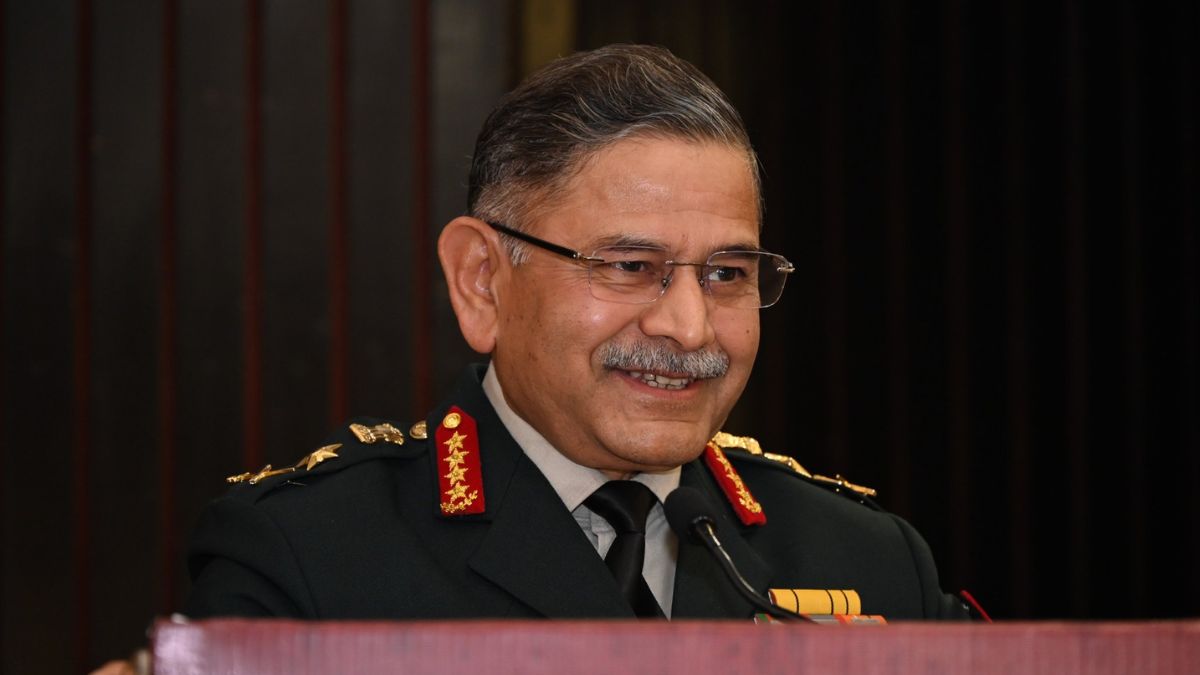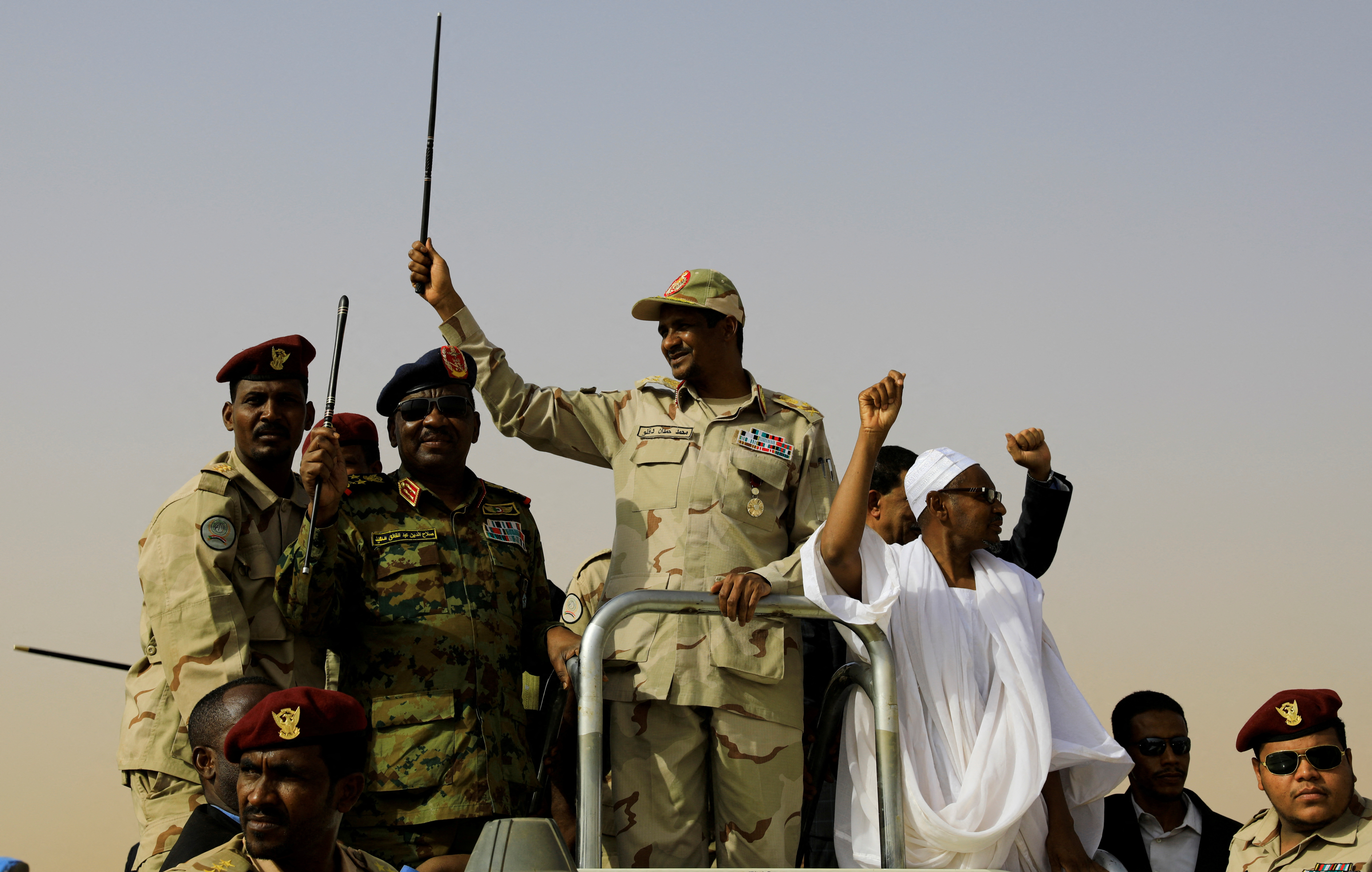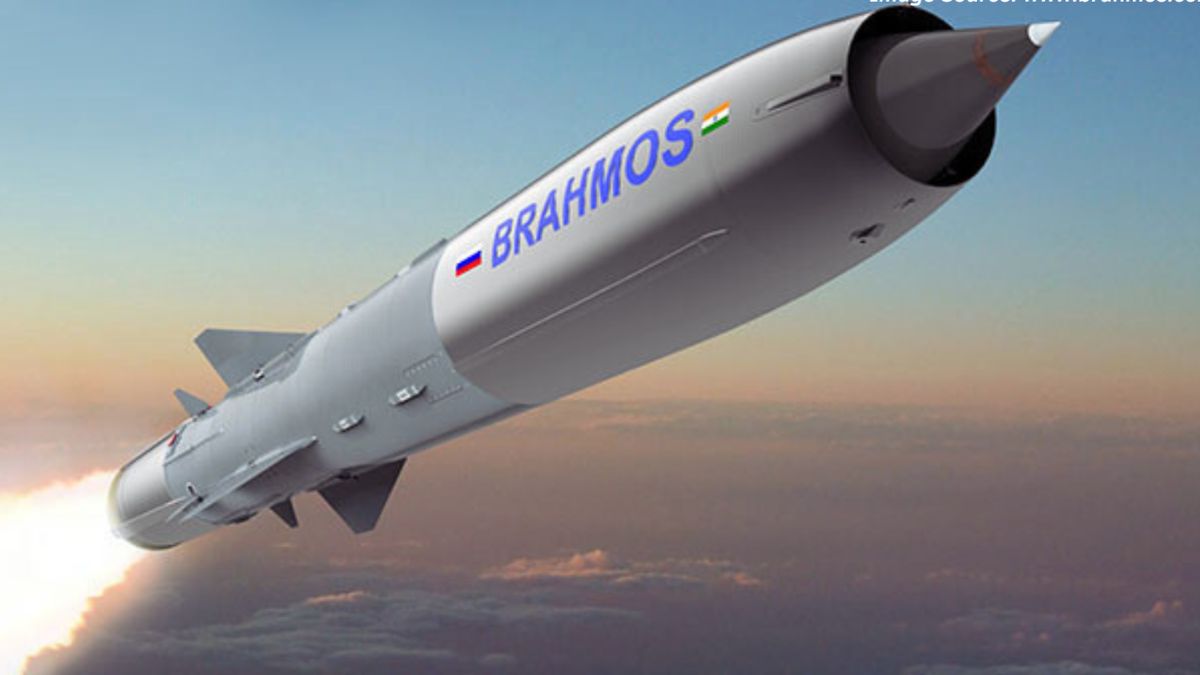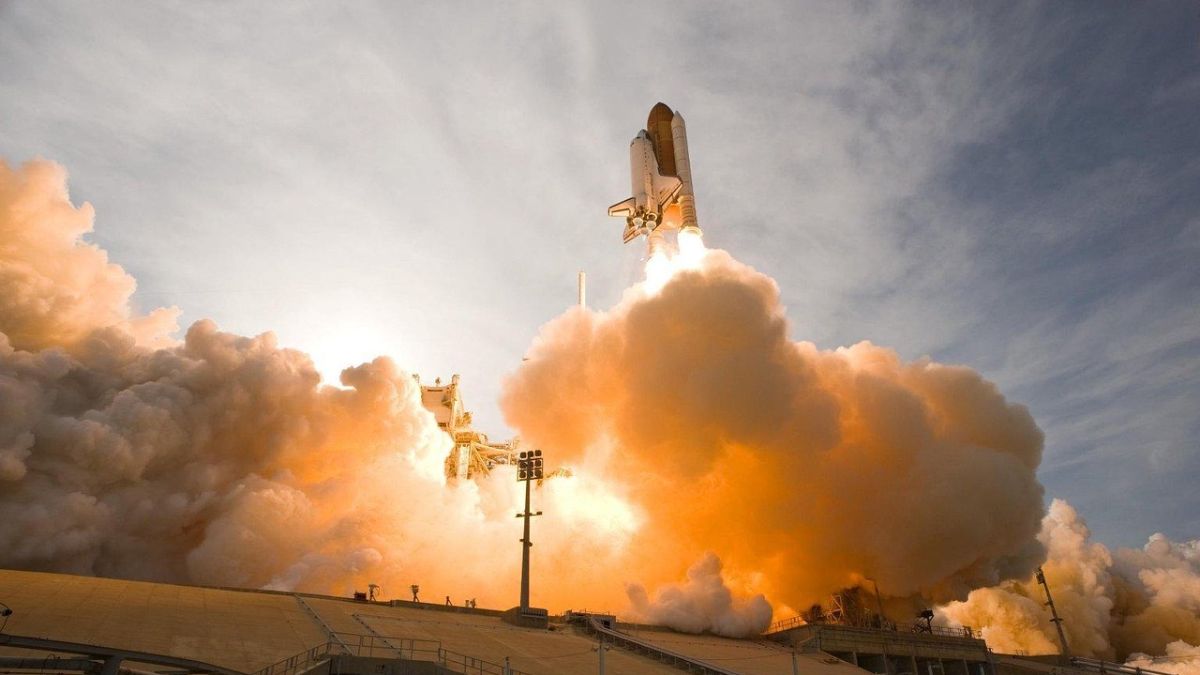PM Modi At 15th India–Japan Annual Summit: Defence, Tech & Space Partnership Discussed
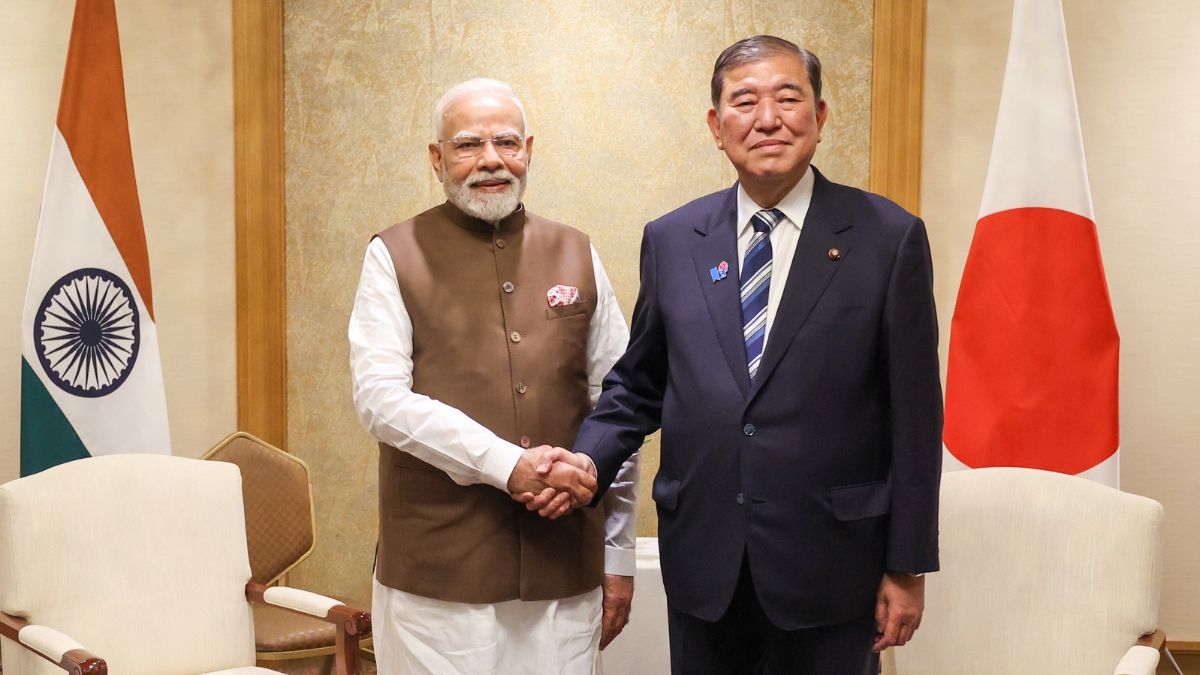
PM Modi is visiting Japan on a two-day official trip. On the first day, he met his counterpart, PM Shigeru Ishiba. Image courtesy: X.com/@narendramodi
Prime Minister Narendra Modi arrived in Tokyo on August 29 for a two-day official visit, his eighth to Japan and the first annual summit with his Japanese counterpart Shigeru Ishiba.
The visit, a part of the 15th India–Japan Annual Summit, advanced the Special Strategic and Global Partnership through new agreements in space exploration, security, technology, trade, climate cooperation and regional stability.
Here are the key developments from PM Modi’s Japan vist:
Support for Chandrayaan-5 LUPEX mission
One of the most significant announcements was Japan’s decision to provide technological support for India’s Chandrayaan-5 LUPEX mission, which is looking for signs that may enable future human habitation on the Moon.
Foreign Secretary Vikram Misri said the mission represents a short-term milestone in India’s lunar exploration programme, which envisions Indian astronauts landing on the Moon by 2040. An implementation arrangement signed during the visit is expected to accelerate progress and create opportunities for further joint planetary exploration.
New framework for security cooperation
India and Japan concluded a joint declaration on security cooperation, creating a framework to respond more effectively to emerging challenges.
The agreement spans cybersecurity, counterterrorism, defence industry collaboration, joint research and development, and coordination in multilateral forums. A notable feature is the establishment of an institutionalised dialogue between the two countries’ national security advisors, reflecting a higher degree of trust in strategic consultations.
Human resource exchange to expanding people-to-people ties
A new Action Plan on Human Resource Exchange was finalised, setting a target of the movement of 5,00,000 individuals over five years. This includes 50,000 skilled and semi-skilled Indian workers travelling to Japan.
The plan reflects Japan’s need for a younger workforce and India’s role in supplying trained professionals to key global partners.
Economic cooperation: Japanese investment target
Japan committed to a fresh investment target of 10 trillion yen ($67 billion) in India. At the Japan–India Business Forum, the private sector signed nearly 150 Memoranda of Understanding (MoUs) worth more than $13 billion.
Foreign Secretary Misri said the agreements reaffirm the confidence of Japanese businesses in India’s economic trajectory and the central role of the private sector in driving bilateral growth.
AI, semiconductors and critical tech
Both Prime Ministers launched the Japan–India AI Initiative, focused on large language models, data centres and AI governance. Cooperation will also deepen in semiconductors, clean energy, pharmaceuticals, information and communication technologies, and critical minerals.
To expand regional industry linkages, the India Kansai Business Forum and the India Kyushu Business Forum were inaugurated. Modi also invited Prime Minister Ishiba to the AI Impact Summit, which India will host in February 2026.
Climate cooperation
On climate change, India and Japan agreed to establish a joint crediting mechanism to support the diffusion of decarbonising technologies and infrastructure. This will facilitate Japanese investment in India’s clean energy transition while helping both sides meet greenhouse gas reduction targets.
Indo-Pacific cooperation
Both leaders issued a joint statement, A Partnership for Security and Prosperity for Our Next Generation, reaffirming commitment to a free, open, inclusive and resilient Indo-Pacific.
Japan reiterated support for India on the issue of cross-border terrorism, underlining convergence in security perceptions.
Avoiding third-country linkages
Responding to questions on United States–India trade tensions and China, Misri clarified that the summit discussions remained focused on bilateral issues. While both sides exchanged views on the global environment, the agenda was centred on strengthening India–Japan cooperation.
Strategic significance of the visit
- The visit reflects the broadening of India–Japan cooperation beyond traditional areas:
- Strategic depth through an institutionalised security dialogue.
- Technology and space leadership with joint lunar exploration and AI initiatives.
- Economic weight with $67 billion in targeted Japanese investment.
- Regional alignment around Indo-Pacific stability and counterterrorism.
Prime Minister Modi’s visit to Tokyo has reinforced India and Japan’s partnership across space, defence, technology and climate action. The agreements reached in Tokyo extend beyond immediate deliverables, anchoring a partnership designed to shape the Indo-Pacific and support India’s long-term national objectives.
